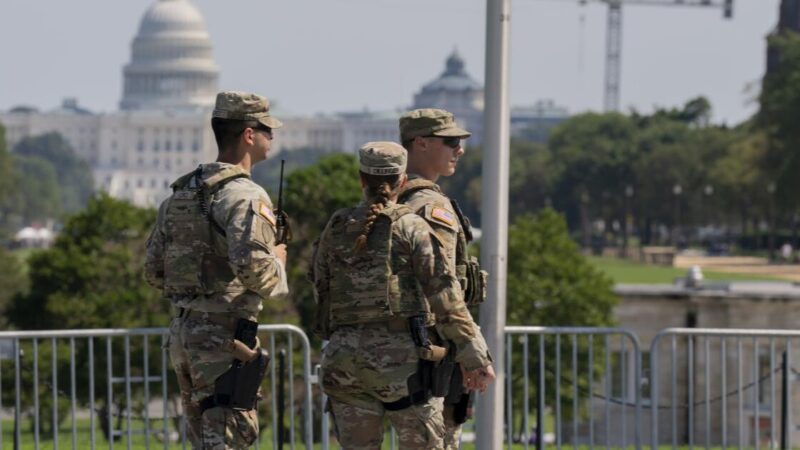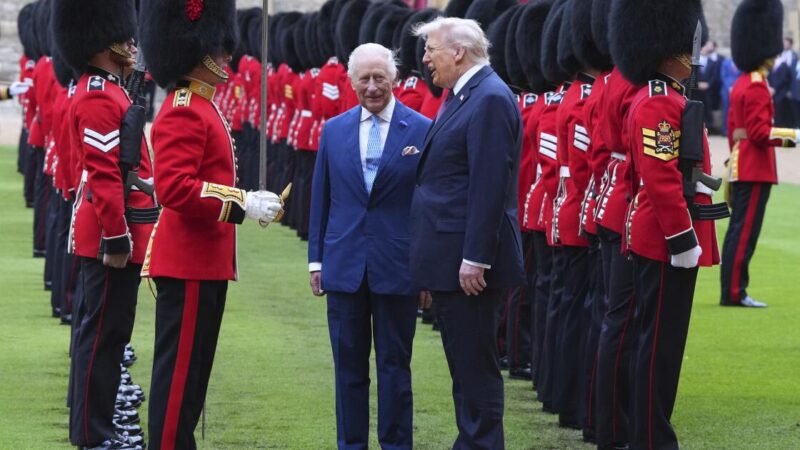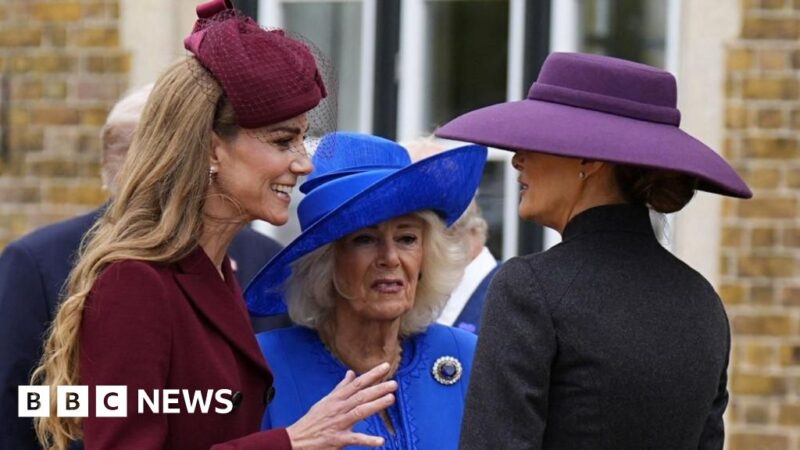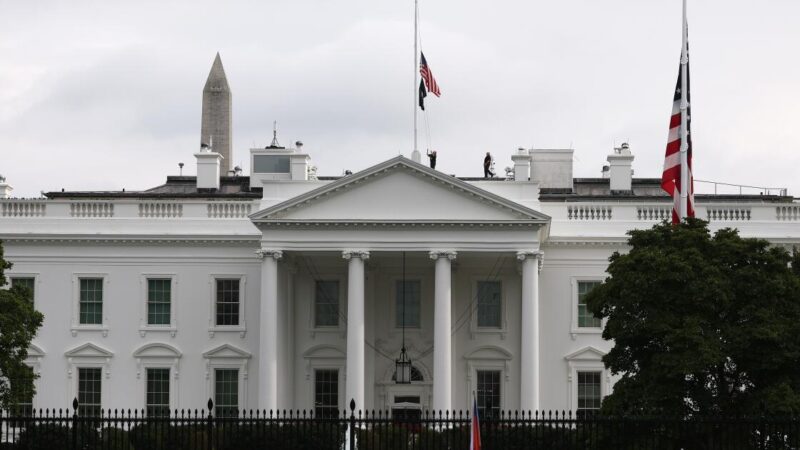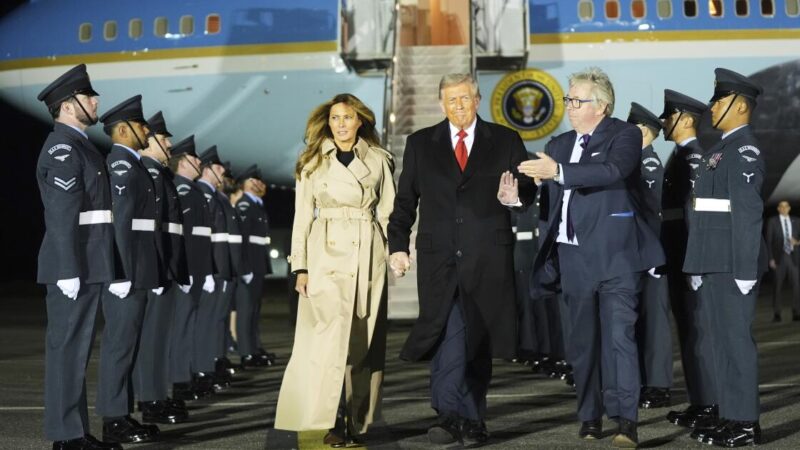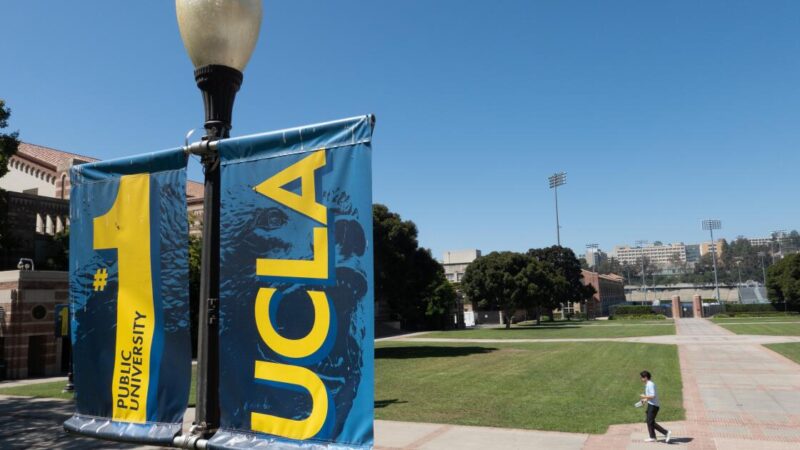Contributor: Trump’s claim of fighting antisemitism at UCLA is a dangerous charade
Days after UCLA settled a lawsuit brought by three Jewish students and a Jewish professor alleging antisemitism, the Trump administration announced that it would suspend $584 million in federal research grants to the institution, alleging failure to “promote a research environment free of antisemitism.” Pressing that case, the administration demanded $1 billion from UCLA as part of a settlement, far exceeding the $221 million that Columbia agreed to pay over similar claims.
We do not know what the outcome of the negotiations between the government and UCLA will be. The options do not look promising.
In all likelihood, a settlement would entail not only a huge financial price tag but also deep concessions in terms of the institutional autonomy and academic freedom. Alternatively, if a deal is not struck, those values could be upheld at the cost of devastating losses to vital medical research, public health, thousands of jobs and the overall economic well-being of the region. It is a true Faustian bargain, with strong traces of a Mafia-style shakedown.
And all in the professed name of combating antisemitism and protecting Jews. This is subterfuge. What’s actually happening is a shallow and disingenuous plot to destroy the university and the values of free inquiry and debate in the name of a dangerous, illiberal ideology that has been against higher education for years. What this destructive path will not do is make the campus safer for Jews — or anyone else, for that matter.
Sadly, in recent years antisemitism has reared its head at UCLA, as at other universities in the United States. And according to evidence presented in a recent lawsuit, Jewish students have been targeted with deeply wounding slurs such as “Hitler missed one” and “go back to Poland,” prevented from accessing public spaces and subjected to harassment because of their perceived pro-Israel stances. This is completely unacceptable, and the university must do everything within its power, especially through continued training and education, to create an environment in which such language and behavior are recognized as unacceptable.
At the same time, we recognize that Jewish students, faculty and staff are not the only ones who have felt at risk on campus. Palestinian, Arab and Muslim students — and their supporters, including Jewish supporters — also faced harassment, discrimination and physical violence. On April 30, 2024, off-campus counterprotesters descended on the Palestinian solidarity encampment — even though Jewish students publicly pleaded with outsiders to stay away. Fifteen people were injured and dozens arrested. A separate lawsuit, filed by encampment participants who say the university failed to protect them, is working its way through the courts.
The situation in Gaza has grown much worse since April 2024 — including a massive death toll and starvation of residents that has been widely condemned. And Prime Minister Benjamin Netanyahu has announced plans to occupy Gaza City that are opposed by the Israeli military itself. Will the Trump administration continue to brand activism calling for an end to this horrible conflict as antisemitic?
No good will come to Jewish students — or Jews in general — by providing political or moral cover to the current Israeli government. Moreover, the insinuation that the Trump administration is acting on behalf of Jews threatens to awaken further the antisemitic trope of the manipulative Jew playing puppeteer, with the government as its marionette.
UCLA is worth fighting for. And Jews, who have a long, proud history at the school and a huge stake in the well-being of universities, must be part of the fight to defend UCLA. And they have begun to join the fight: Jewish leaders and the Jewish Public Affairs Committee of California have publicly opposed the cuts.
The old strategy of aligning with whoever holds state power to preserve Jewish interests — known as the royal or vertical alliance — is no longer practicable or justifiable. Rather, we must commit to horizontal alliances with other groups that share a sense of grave apprehension over the dismantling of one of the great institutions of higher learning in the United States.
In the past, we may not always have found ourselves in sync with the tone and tactics of these groups. But at this critical moment in our nation’s history, we must join together with allies old and new to rescue UCLA, the estimable American system of higher education and the best version of democracy that the U.S. represents.
David N. Myers teaches Jewish history at UCLA and is a member of Jewish Partnership for Los Angeles. Aaron Greenberg and Kate Pynoos are founding board members of Jewish Partnership for Los Angeles.
Insights
L.A. Times Insights delivers AI-generated analysis on Voices content to offer all points of view. Insights does not appear on any news articles.
Viewpoint
Perspectives
The following AI-generated content is powered by Perplexity. The Los Angeles Times editorial staff does not create or edit the content.
Ideas expressed in the piece
-
California Governor Gavin Newsom has strongly condemned the Trump administration’s approach, characterizing the $1 billion demand as “extortion” and pledging that the state will sue to resist what he calls “an attack on academic freedom on this extraordinary public institution”[4]. Furthermore, Jewish leaders and the Jewish Public Affairs Committee of California have publicly opposed the federal funding cuts, demonstrating that the Jewish community itself is not unified in supporting the administration’s actions[4].
-
The scale of the Trump administration’s financial demands appears disproportionate when compared to similar cases, as the $1 billion settlement sought from UCLA far exceeds the $221 million that Columbia University agreed to pay and the $50 million settlement with Brown University[3][4]. Additionally, UCLA had already demonstrated good faith efforts to address antisemitism concerns by settling the private lawsuit for $6.13 million, contributing $2.3 million to organizations that combat antisemitism, and implementing new campus initiatives and policies[1][2][3].
-
The Trump administration has engaged in a broader pattern of targeting universities, having frozen federal funding and pursued settlements from multiple institutions including Harvard, Columbia, and Brown, suggesting a systematic approach to pressuring higher education institutions rather than addressing specific antisemitism concerns[3][4].
Different views on the topic
-
Federal investigations have produced substantive findings that UCLA violated civil rights laws, with the Department of Justice’s Civil Rights Division formally determining that the university “violated the equal protection clause of the Fourteenth Amendment and Title VI of the Civil Rights Act of 1964 by acting with deliberate indifference in creating a hostile educational environment for Jewish and Israeli students”[3]. Moreover, a federal district court previously granted sweeping preliminary injunctive relief requiring UCLA to halt all exclusion of Jews from campus, indicating that the judicial system found merit in the antisemitism claims[1][2].
-
The documented incidents of antisemitism at UCLA were severe and systematic, as encampments operated as “exclusionary zones that blocked Jews from attending classes, using the library and accessing other essential areas of campus,” with UCLA’s own Task Force to Combat Antisemitism and Anti-Israeli Bias finding that the university had fostered an antisemitic environment[1]. The private lawsuit resulted in a significant $6.13 million settlement, which legal experts describe as “believed to be the largest private settlement in campus antisemitism cases,” suggesting the scope and severity of the violations[1][2].
-
UCLA initially failed to take responsibility for the antisemitic exclusion, arguing that it had “no legal responsibility over the issue because protesters, not the university, blocked Jewish students’ access to areas,” but this position was rejected by the federal court system[3]. The university’s subsequent policy changes and settlements demonstrate an acknowledgment of wrongdoing, while attorneys representing the Jewish plaintiffs emphasized that “treating Jews like second-class citizens is wrong, illegal, and very costly,” validating the need for strong enforcement measures[2].
